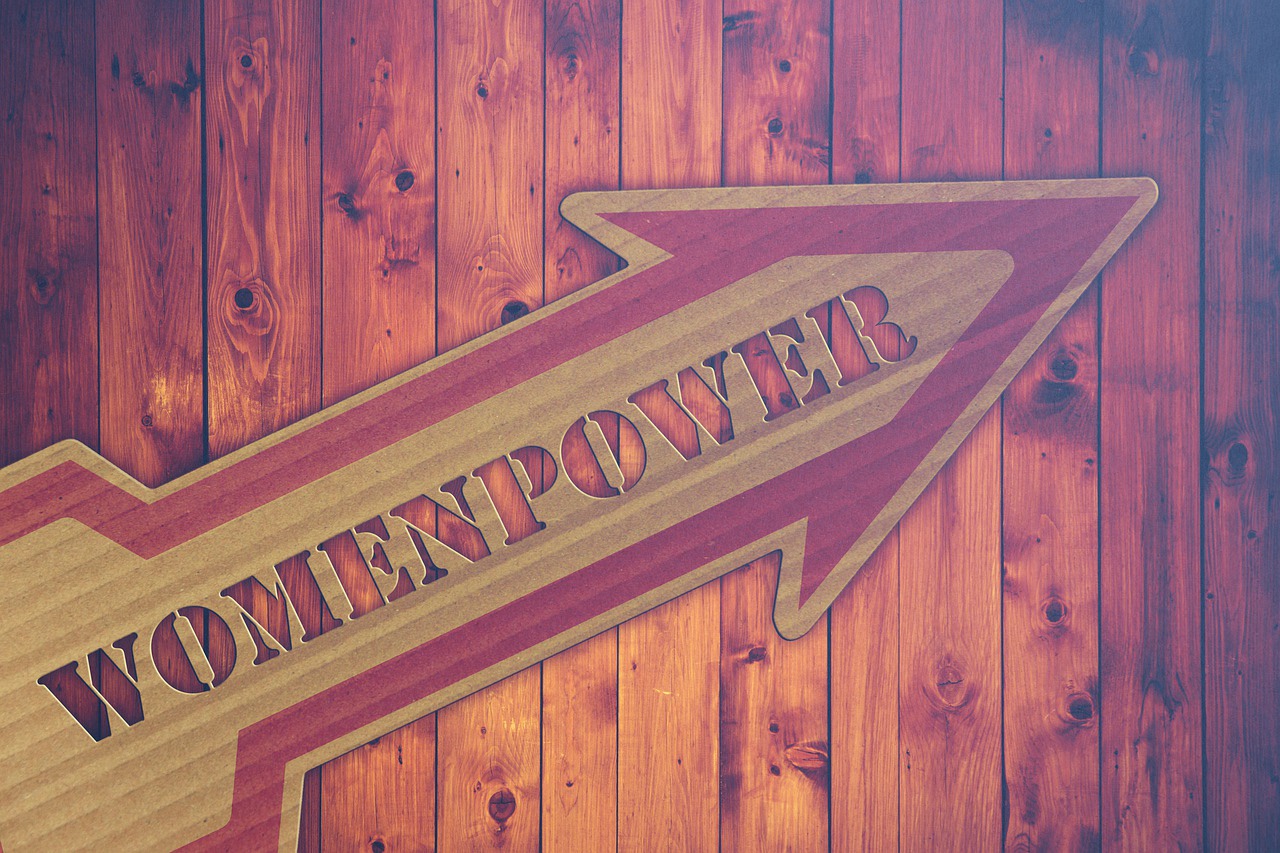

A thing that tends to affect perfectionist introverts like me is something called ”imposter syndrome, ” that feeling when performing a role that at any second someone will reveal your insecurity that you’re faking your way through whatever it is you’re doing. This feeling started to emerge for me during my grad school years, especially when I started to teach as a TA (teaching assistant). But it was there even as a master’s student. I remember sitting in literary theory courses & internally squirming when classmates discussed Foucault or Derrida or Bakhtin, & I had absolutely no clue as to who they were. I grew to enjoy theory, but some part of me experienced those panicky moments of second-guessing myself.
Each career milestone came with its unique periods of my feeling inadequate.


A major milestone occurred when my saint-like 1st chair for my master’s & eventual dissertation started to pull away from me, intentionally withholding validation in order to prepare me for the profession. She sat me down in her office & said that I needed to go through the pain of transitioning from student to scholar, that academe needed those who could confidently defend their ideas & persist in the face of challenge or even derisive criticism. For someone like me who’d been used to academic praise for practically my whole life, such a transition would be brutal. You see, education had forever been a high priority for my mother, & I think at early age I internalized a need for attention & positive reinforcement through academics.
So having praise & positive reinforcement specifically withheld from me by those I hugely admired sent me on a challenging journey of self. (Think of when Dumbledore started to avoid Harry, & the impact that had on the latter.)


The reality of the academic profession demands an ability to self-validate, an ability to maintain a kind of comfort in feeling uncomfortable. When students would seek my approval or would care tremendously about what I thought of their work, some part of myself always questioned why inside. A mentor of mine gave me great advice that the higher the rank people hold within an organization the more weight their approval & feedback carries. (Hence why executives speak less & less the farther up the ladder they are.) This carried into my career work & in the administrative track. Despite my own skewed perception of self, junior faculty & staff attached value to my approval, & my criticism could shut them down when they were trying to learn from me.
What a revelation. A sad one.


And so I think about these things when I’m reminded that other women might look to me for guidance & support. Regardless of what I think about myself, my intention doesn’t matter. Perception matters. Am I as supportive & accessible, thoughtful & helpful as I could be? How do I repay my mentors now in my own turn when I still see myself as a student of life, not a teacher of it? Yet, here I am, writing & sharing my self-revelations, insights, & truth on this blog & using social media.
Unfortunately, the same insecurity which makes me feel like an imposter can also force me to seek recognition & validation. I’m working on not needing certain accoutrements or trappings of academe (titles, public distinction, open praise) to help shape my self-worth. Let’s see how I do!



I can relate. Great post, and good for you for always pushing forward!
I was once chastised for patting myself on the back. My superior whose philosophy was “only the weak need praise” NEVER gave any positive feedback. I had completed a particularly difficult task and had muttered to myself “good job” – had I known she was lurking around the corner I wouldn’t have said it out loud. In the 26 years I worked for her she praised me 3 times and each time was an effort to “prove” that she was a good/excellent people person!! Granted there is a difference between needing constant validation and needing a little reassurance that you are valued. I think that there are many people who are completely motivated to perform their best when they receive positive reinforcement just like there are some who only respond to a flash of cash.
Thank you for this. I’ve read a lot about imposter syndrome but you’ve given me some whole new ideas to chew upon.
This is a subject I have thought about many times in relation to blogging. Generally, we write because we have something to say, but at times it exposes vulnerabilities. Validation from the blogging community eases fears and provides motivation to stick with it. My pet peeve is when a reader offers a gratuitous compliment instead of a specific, sincere one. When offering praise, the most fundamental building block for self-confidence is to be honest, sincere and specific.For example, would you rather hear, ‘great post,’ or I really liked your statement; “the higher the rank people hold within an organization the more weight their approval & feedback carries”. That is something I wish I had known when entering the work force in my twenties. Excellent topic.
Thank you for your truly thoughtful response. There’s a reason people feel more isolated in those upper tiers of hierarchy. When you lose touch with people who aren’t afraid to reflect back truth & candid feedback, even if hard to hear, you can become the very kind of person you’d never wanted to become. Often, I think we appreciate the genuine critics because they care enough to push us to be better versions of ourselves. Really, thank you for your post.
Great post. I never knew there was a term for it. I have always felt like an imposter. That someone will call me out that I didn’t deserve my degrees and no right to teach a subject matter. I, too, sat around the post-grad table with young men loving the sound of their voices and I cringed with doubt about myself. 20 years later, I still marvel when I hear myself lecture about a topic I didn’t know I knew. Weird how the mind works!
So relatable. Especially hearing myself talk about things buried in my brain, & then to have people look at me like a freak for knowing random facts… Friends won’t play Trivial Pursuit with me anymore. 🤷♀️
That’s awesome.
Fantastic post about a problem which I feel a great many of us wrestle with on a daily basis. Here’s to your success in battling this this very REAL issue. ‘O)
Thank you SO much for reading & commenting! We are all in this together. ☺️🙏🙌
‘O) That we are. It’s good to know that there are others who are fighting through this as well. :O)
Surely when one achieves self-validation or self-belief then the impostor syndrome just disappears?
A knowledge of your subject, whether academic or not, is the key here, is it not?
And thank you for following Sound Bite Fiction.
You’d think so. But it’s a personal, self-esteem issue. Despite credentials, & affirmations, it’s about what one thinks of oneself. That’s at the root of the issue.
This is very true for me and so difficult to conquer. Personally and professionally I have really had to work and grow on this. Thank you
It’s not just self-esteem, but, as you yourself point out, experience as well. (Have I mixed praise and blame properly?)
I recall my first year as a grad student, doing the sociology classics. I’d taken NO sociology as an undergrad. So in one class on Marx, the professor starts talking about historical and dialectical materialism, at length. I am getting lost. I am getting lost fast. I am getting completely lost. Am I the only person who doesn’t get this? Finally, I raise my hand. “Ah, excuse me, but what’s the difference between historical and dialectical materialism?”
Professor looks puzzled. “Didn’t your book explain?”
Me, demonstrating more courage and certainty than I actually had, “No.”
Professor: “Oh, well in that case . . .”
I could feel an immense sigh go around the room as the professor launched into an explanation. Clearly, almost everyone hadn’t known, either, but was afraid to ask, for fear of being stupid.
Naturally, this only works in a supportive environment where ignorance is to be answered with knowledge, not ridicule. Pity how few work environments fit that description.
Now I know that we are two of a kind! I felt like I was faking it my entire teaching career. It wasn’t until after I retired that I learned that there was a term for it. Imposter syndrome, that’s definitely me.
So on the nose. Incredibly relatable.
Sounds to me like you have come to know yourself very well… That’s quite an achievement.
The Imposter Syndrome is on my list to read into for my blog. I’m also an INFJ? Is there a correlation there? Nice post to read!